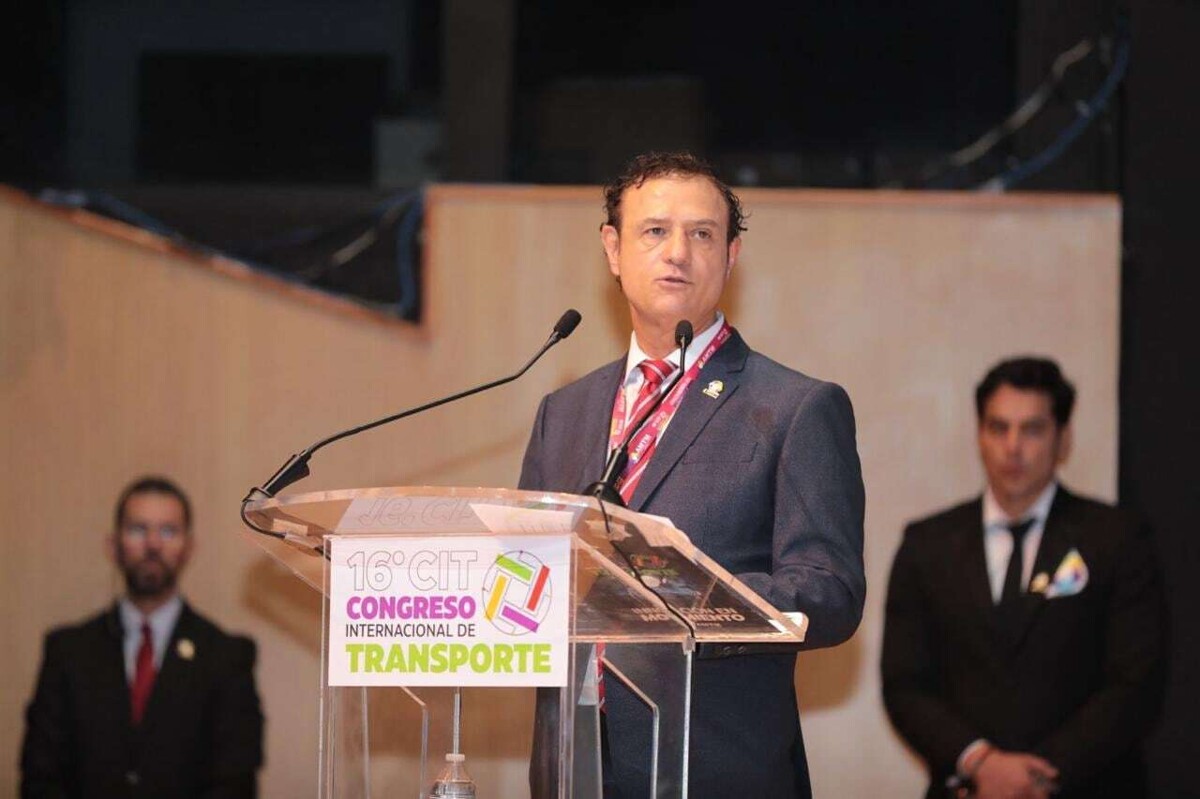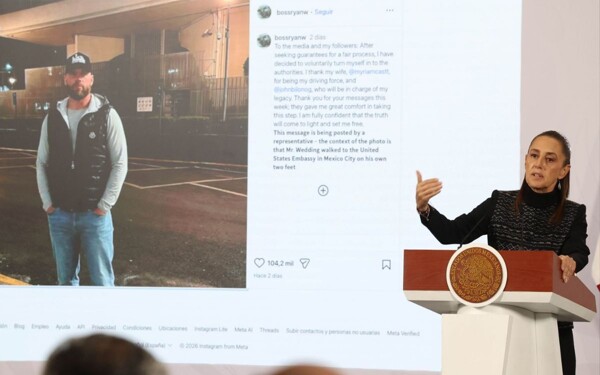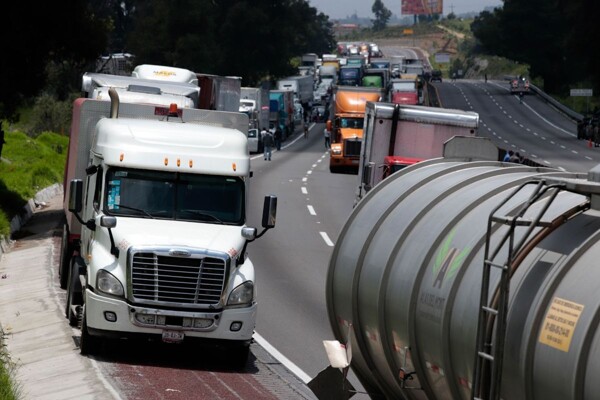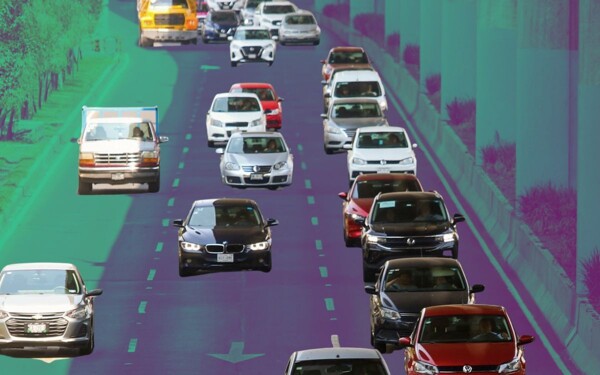
The Secretary of Mobility of Mexico City, Héctor Ulises García Nieto, stated that a recent investment will strengthen tourism, boost the economy, and improve mobility in the capital. He emphasized that the country is at a historic moment to define its transportation model, highlighting the need to consolidate electromobility and address micromobility.
During the 16th International Transport Congress, organized by the AMTM in collaboration with the National Polytechnic Institute (IPN), the importance of collaboration between academia, authorities, and civil society to design innovative and human-centered solutions was reaffirmed. The event featured figures such as Ricardo Serrano, president of AMAM, and Nicolás Rosales Pallares, president of AMTM, who highlighted the relevance of technology, coordination between sectors, and a change in mindset to achieve significant transformations in mobility.
For his part, Juan José Sierra Álvarez, national president of Coparmex, reiterated the business commitment to modern and sustainable transportation. Jesús Padilla Zenteno, honorary president of AMTM, stressed the need to place public transportation at the center of the national agenda, considering energy transition, sector professionalization, and social inclusion as key points.
During the inauguration of the congress, the importance of addressing challenges such as traffic congestion, social inequality, and the climate crisis was highlighted. Dalia Parra, Secretary of Development and Linkage of IPN, reaffirmed that mobility is a social right, emphasizing the institutional commitment to training professionals and research in this field.
Regarding future projections, Vicente Gutiérrez Camposeco, president of Canaco CDMX, announced a significant investment in mobility infrastructure in preparation for the 2026 World Cup. In this regard, there was an emphasis on the need to establish comprehensive policies, connect local suppliers with electric vehicle manufacturers, and promote clear regulations to boost charging infrastructure. The general call was clear: to build sustainable and humane cities, it is crucial to adopt a comprehensive and inter-institutional vision regarding mobility.














